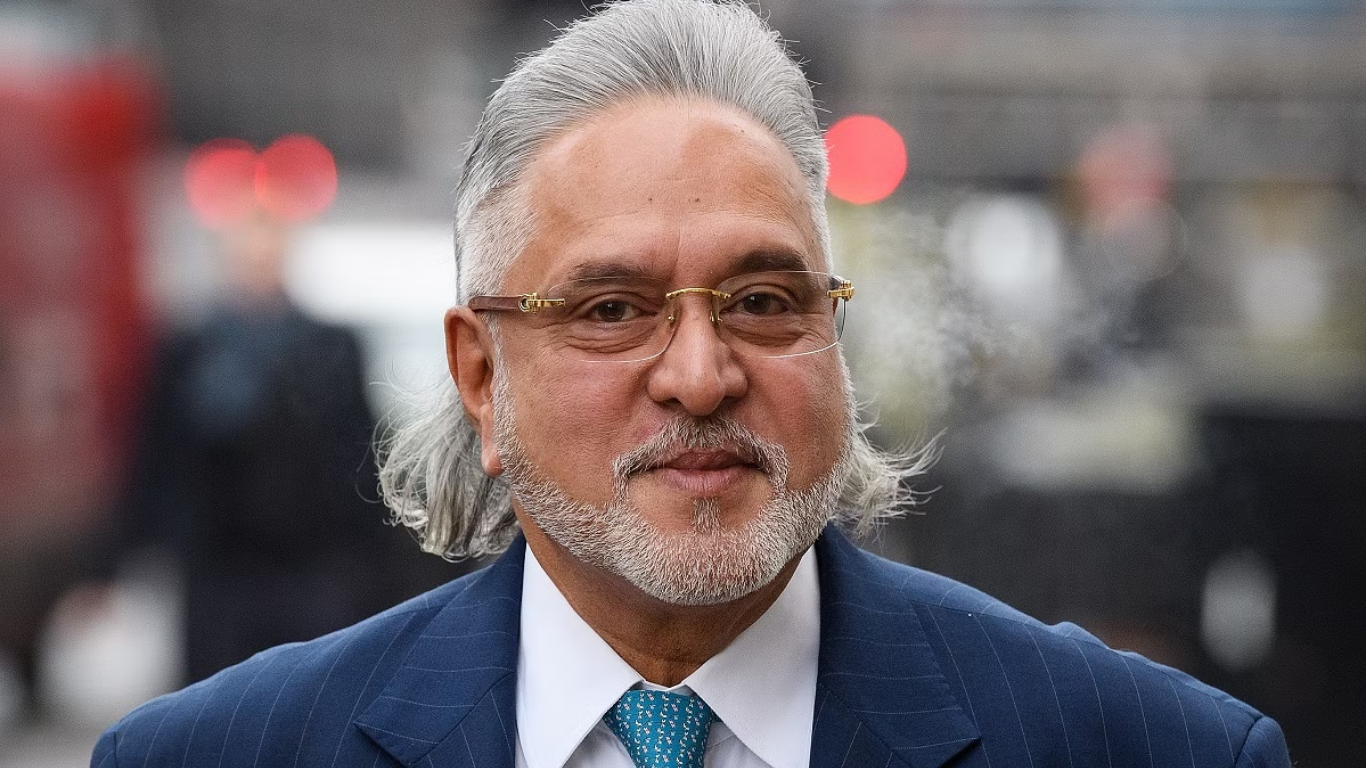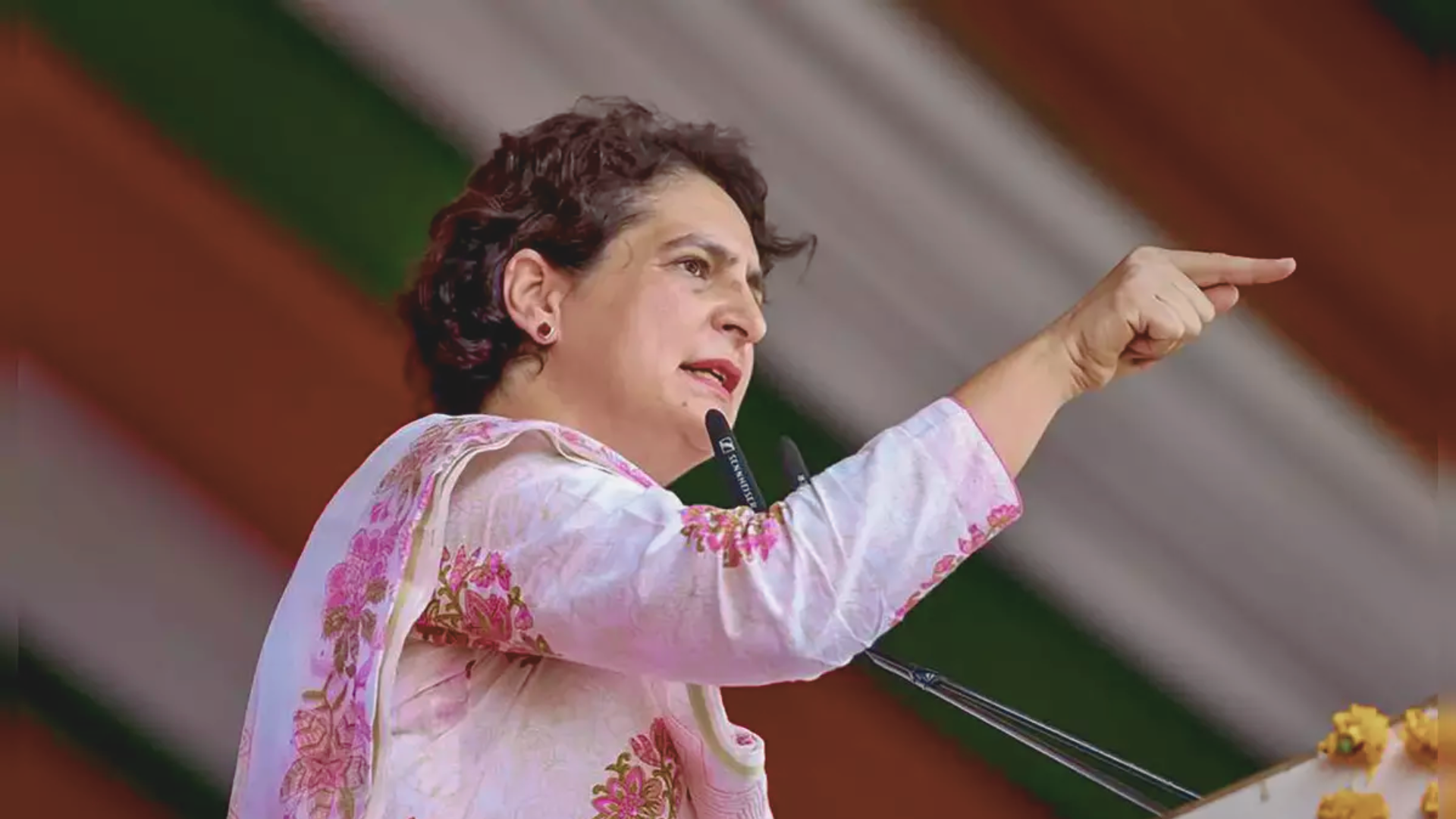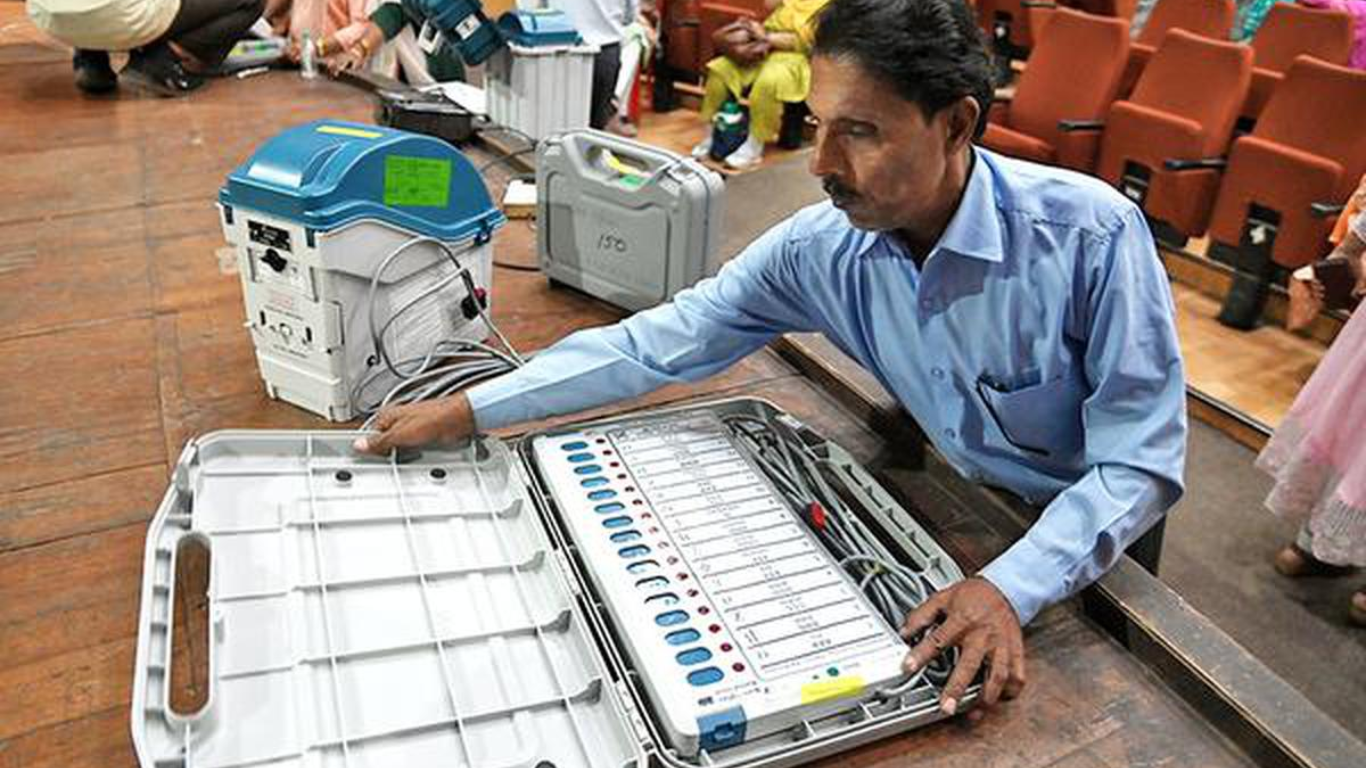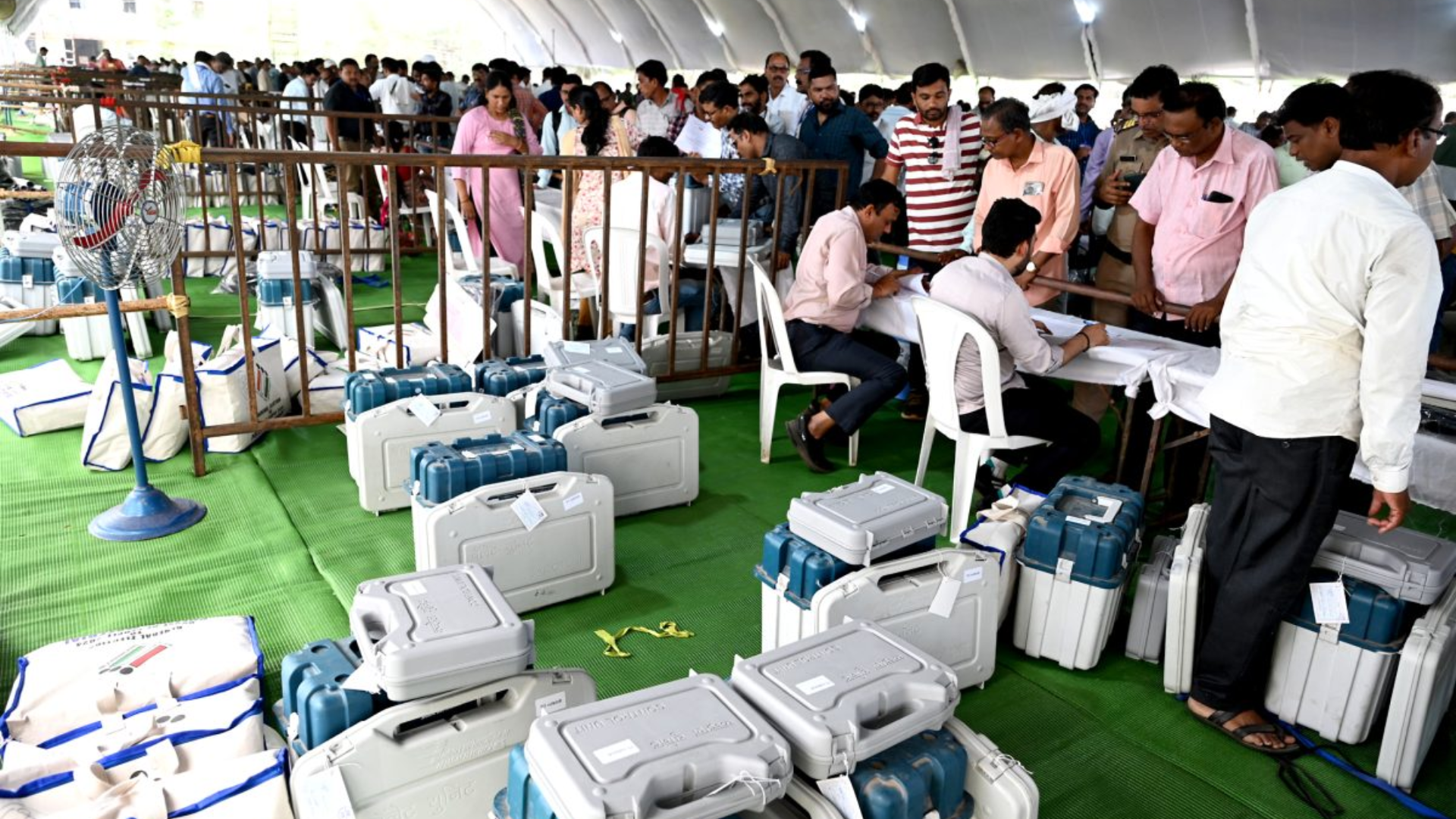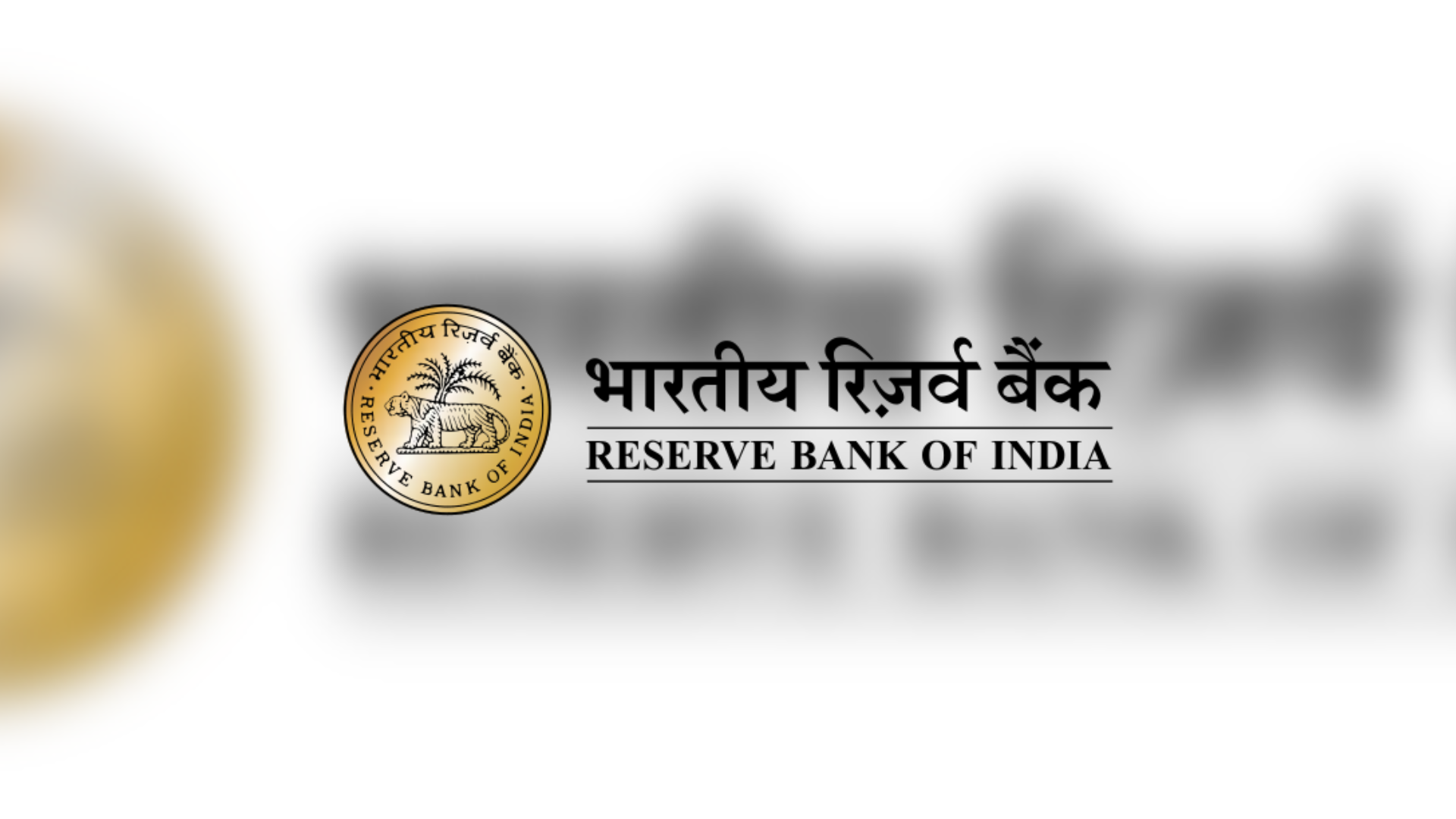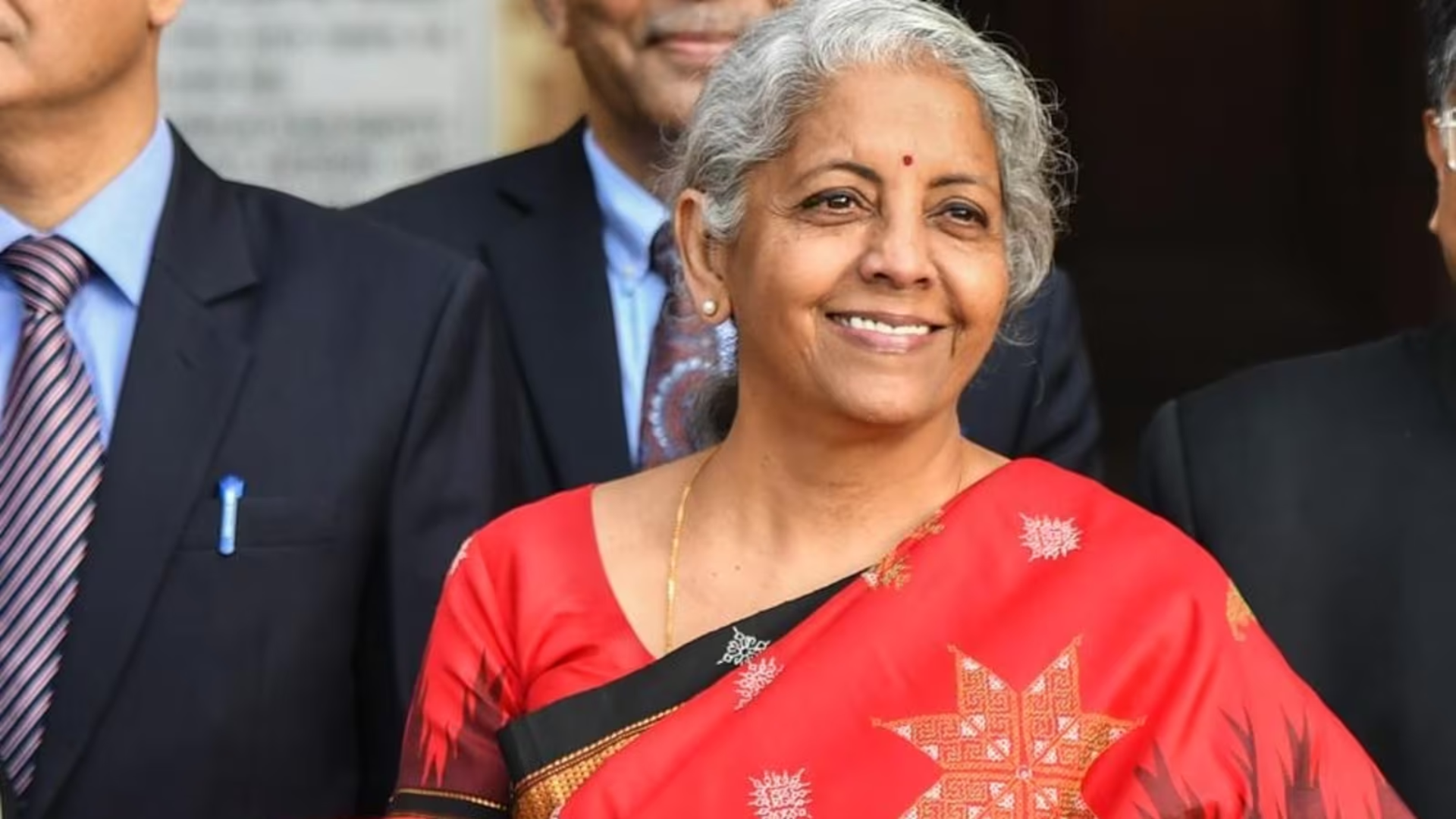










Karnataka’s move to ban online games with betting and wagering involved is not only unconstitutional, but also raises the question of—yet again—what’s the difference between games of skill and games of chance?
In September, the state government filed the Karnataka Police (Amendment) Bill 2021, which seeks to ban online games that involve betting, gambling and wagering either on mobile apps via mobile devices or on an Indian casino online through computers. This will effectively prohibit all online games that involve money in some form in the state, except for lottery and racehorses, and the offense will be non-bailable.
With this proposed ban, the state government risks the possibility of facing many legal challenges—particularly from operators of skill-based gaming products, which have long been considered by the Supreme Court as a constitutional right. Already, industry stakeholders are confused on what is and isn’t allowed under the so-called sweeping ban.
“The move to pass the Karnataka Police (Amendment) Compliance Act, 2021 act a setback to the online skill gaming sunrise industry as well as to the state’s reputation of being a tech-hub and a start-up capital,” All India Gaming Federation (AIGF) CEO Roland Landers said. “There is the clear distinction that needs to be drawn between games of skill such as bridge, eSports and games of chance.”
There are 91 gaming firms in the state of Karnataka, which collectively employ an estimated 4,000 people, according to Startup Business Academy figures. The state is also considered one of the biggest sports betting markets in India, with diverse sports interests, contents, platforms and channels that boost the sports betting demand in the state to “exceed average Indian levels,” according to an ENV Media report on India’s richest cities and its large online gambling communities. And historically, banning gambling in the state has only driven players to look for other jurisdictions where sportsbooks are allowed.
Tanmay Singh, litigation counsel at Internet Freedom Foundation (IFF), described Karnataka’s move as an “impermissible expansion of the law” that violates the rights of the residents of the state.
“A ban on online gaming violates several constitutional rights, including the right to freedom of expression and the right to practice any trade. The law is also manifestly arbitrary for multiple reasons, including that there is no clear legitimate objective sought to be achieved by the law,” Singh said.
This brings us to the question—again—of what is considered a skill game and a game of chance?
Laws in India already differentiate between the two, with judicial precedents providing that a game that is determined entirely by mere luck is considered a game of chance. This applies to casino games featured on Guide2Gambling comparison site, as well as games like dice, spinning tops, and playing cards, among others.
To play a game of skill, the gamer must have a degree of mental and physical expertise to succeed. However, the concepts of “skill” and “chance” are not mutually exclusive given that deciding whether a game is a game of chance or skill depends on the facts and circumstances of each case. The high courts have recognized that no game is purely “skill” alone, noting that almost all games involve an element, however small, of chance.
Karnataka should take a page out of the other states’ attempts to “wean” people from gambling. Tamil Nadu’s attempt to ban online gambling was shut down by the Madras High Court, which upheld the Supreme Court’s interpretation of “gambling” to mean only games of chance, noting that rummy is considered purely a game of skill.
State governments need to keep up with the changing times. Outlawing gambling will only pave the way towards more illegal gambling activities; whereas a uniform regulation that covers the country’s nascent online gambling legal landscape will be a win not just for operators and players, but for the state as well.
Uday Walia from Touchstone Partners commented in a recent interview with SevenJackpots: “Unfortunately, it seems that what we are seeing right now are more local spur-of-the-moment pieces of action. However, what is good to note is that the gaming industry in India is going from strength to strength, and as such, could prove to be the right kind of pressure/lobby group one needs for the regulations to move in the right direction.”

